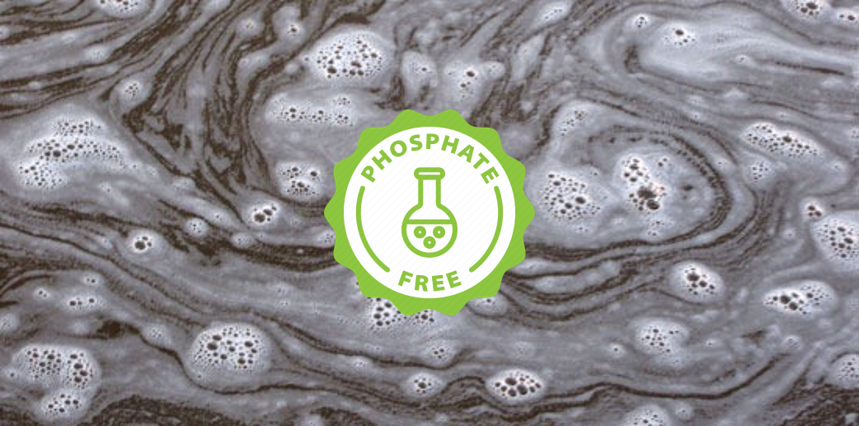Study on Phosphorous in Household Detergents, Impact on Lake Sevan, and Policy Options for Remediation

Project funder: European Union’s EU4Sevan program and its implementing partner Deutsche Gesellschaft für Internationale Zusammenarbeit (GIZ)
Duration: June-Aug 2024
About the project: To understand the environmental stressors leading to harmful algal blooms (HABs) in Lake Sevan, the American University of Armenia (AUA) Acopian Center for the Environment is starting a study focused on phosphorus content in household detergents used in the Lake’s basin. HABs result from high concentrations of nutrients, specifically nitrogen and phosphorus, deposited in water from various sources, such as fertilizer runoff, untreated household wastewater, fish farming, and animal waste.
The study will focus on household detergents in Armenia and the extent to which they contain phosphorous. The study will also examine the current detergent usage in Armenia and the opportunities and challenges for promoting phosphorus-free (P-free) detergent import and local production. Existing legislation will be analyzed, with legal revisions recommended aimed at reducing phosphorus pollution from detergents in Armenia. This work will provide the baseline analysis needed to propose solutions (legislative and programmatic) to the introduction of P-free detergents to Armenia’s market. The study will focus on the Lake Sevan basin.
High concentrations of phosphorus and nitrogen along with a warming climate are key drivers of harmful algae blooms in water bodies. The algal blooms in Lake Sevan, starting in the 1960s and growing acutely in the past decade, are due to uncontrolled discharge of wastewater. For more information on environmental stressors leading to HABs in Lake Sevan, watch a highly informative video by Dr. Garabet Kazanjian, freshwater ecologist at the AUA Acopian Center.
The study prioritizes inclusivity and sustainability, engaging national and local authorities, civil society organizations, residents of the Sevan Basin, and the general public. By enhancing scientific understanding, raising public awareness, and informing legislative reforms, the study aims to foster long-term environmental stewardship and community resilience.
The EU4Sevan project is co-financed by the European Union (EU) and the German Federal Ministry for Economic Cooperation and Development (BMZ) and implemented by Deutsche Gesellschaft für Internationale Zusammenarbeit (GIZ) GmbH as a part of the “ECOserve” programme, and United Nations Development Programme (UNDP).
